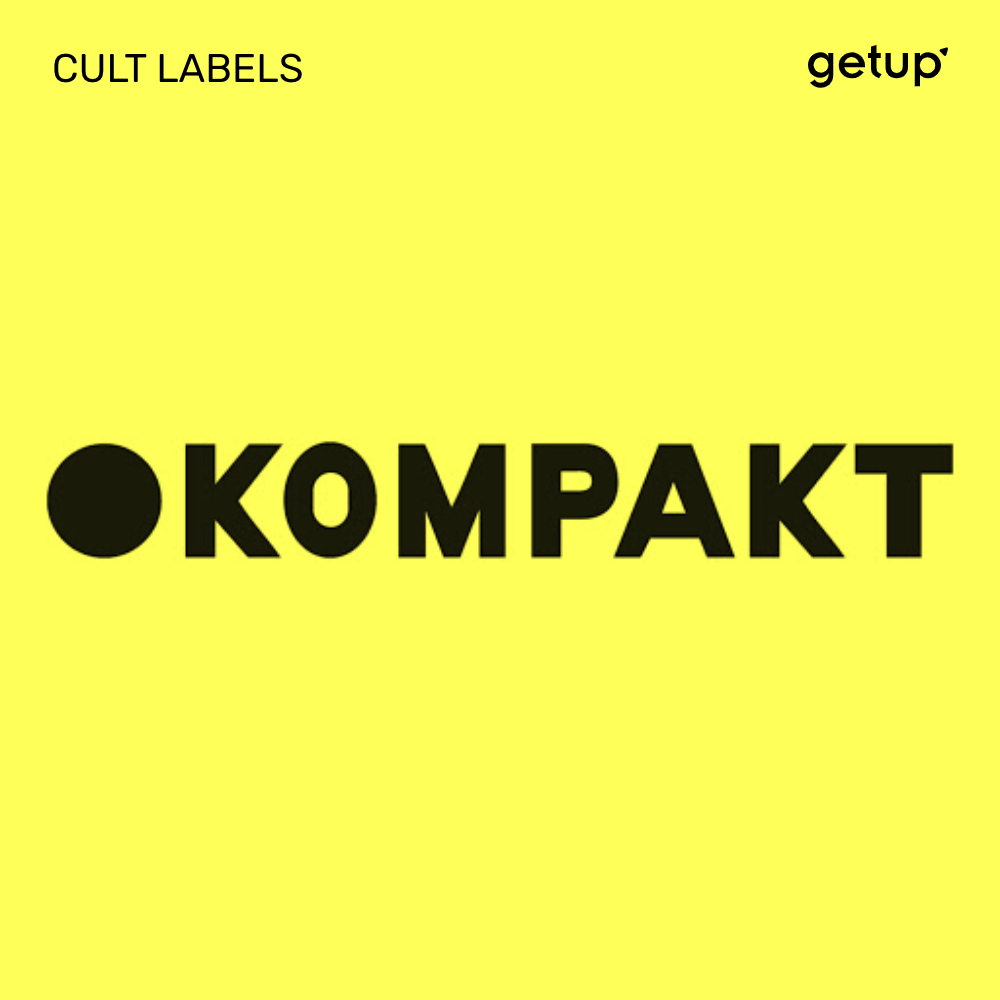It’s a seasonal miracle: despite its name, the Second Summer of Love lasted much longer than the summer of 1988 when it first exploded. It continued the following summer, and then for years afterwards. The fuse lit in the clubs of Ibiza quickly spread like an acid trail of gunpowder that set the whole of Europe on fire before becoming a truly global phenomenon. From one year to the next, clubs in the Basque Country, where I was returning from holiday, seemed to be transformed thanks to the vitamin C-boosted music that was giving new life to the party.
After the appearance of the American and British pioneering DJs in the summer of 1988, the years ‘89 to ‘94 were marked by the appropriation of this music and its culture by British producers. As always in the history of popular music, they experimented, made it their own, and then released it to the masses. The pop DNA that all British artists have inherited once again made the difference, pushing acid productions into wild raves as well as into the charts. Bomb the Bass, Coldcut, Yazz, 808 State...so many names that popularised a new way of looking at dance and sharing music that wasn’t sole property of the dancefloor.
That's why the impact of the Second Summer of Love was so important because it democratised music from the American underground. The phenomenon also revolutionised clubs in the UK and Europe, spawning techno festivals and finally giving a face (and huge revenues) to the DJs who were to become the new stars of the music industry.
We saw rockers deviate from their paths towards acid, hackers who looked like chemistry teachers producing anthems that turned the crowd on their heads, singers dressed in smiley t-shirts on Top Of The Pops. The production wasn’t restricted to the easy stereotype of ‘techno boom-boom’, but rather adapted to fit every hour of the raver’s day, even creating softer sounds suitable for slow dancing or chilling by the pool.
All this new culture would prepare the ground for a new era with the emergence of stars like The KLF, Underworld, The Prodigy, Chemical Brothers, and Daft Punk. Just ask the friends with whom I lived during this euphoric time of liberation and opening up of new perspectives – their nostalgic looks will belie their desire to go back in time and return to the heart of this seemingly-eternal feast.
.jpg)



.jpg)
.jpg)
.jpg)
